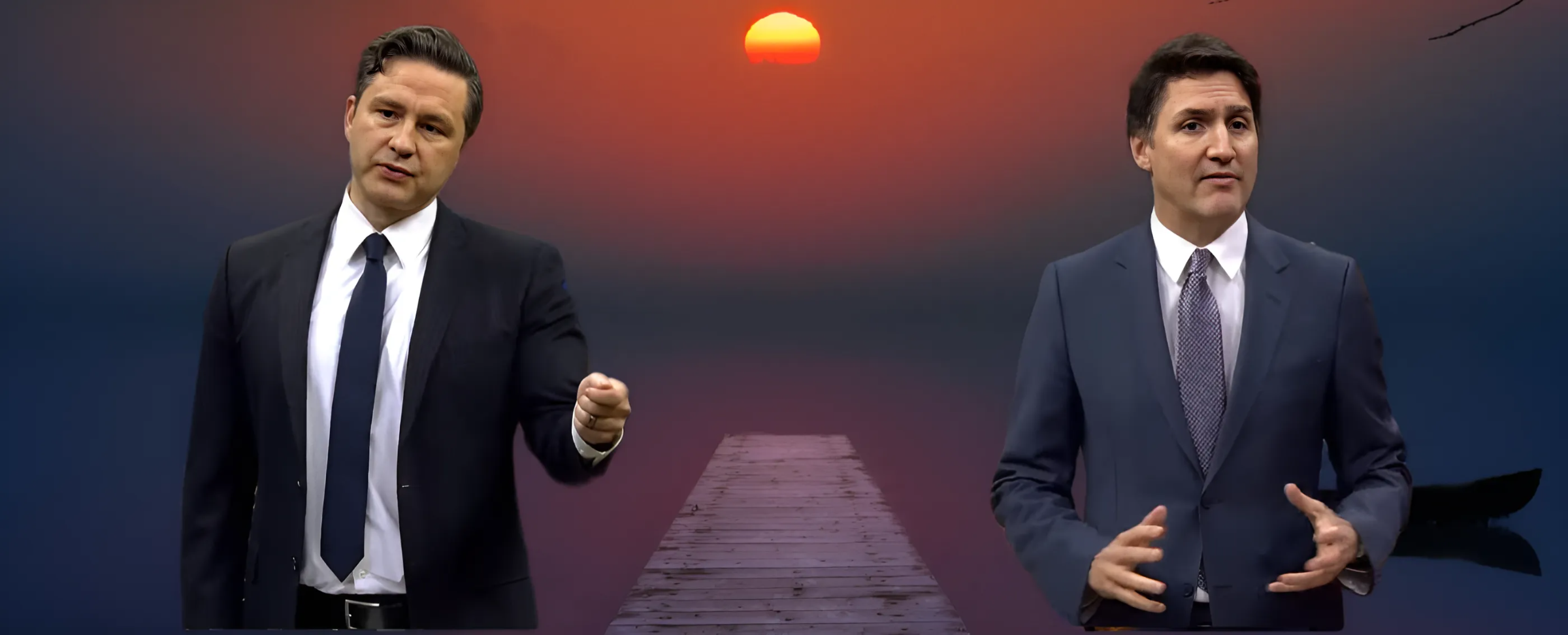In a landmark political shift, the Conservative Party has captured a long-standing Liberal stronghold in Toronto-St. Paul’s, marking a significant victory in their campaign to reclaim power in the upcoming federal election. Conservative candidate Don Stewart emerged victorious in Monday night’s byelection, securing 42.1% of the vote and ending the Liberal Party’s 26-year hold on the seat.
The result is seen as a major upset for the Liberal Party, which had controlled the Toronto-St. Paul’s riding since 1997. Liberal candidate Leslie Church, who garnered 40.5% of the vote, was narrowly defeated despite a robust campaign supported by high-profile Liberal figures, including Prime Minister Justin Trudeau. The byelection saw a high turnout and intense campaigning efforts from both major parties, underscoring the riding’s strategic importance.
The byelection was notable not only for its competitive nature but also for the sheer number of candidates. A record 84 individuals registered to run, many motivated by a desire to highlight issues with the current electoral system. The influx of candidates was partly driven by the Longest Ballot Committee, an organization advocating for electoral reform.
Despite the crowded field, the main contest remained between Stewart and Church, with New Democratic Party (NDP) candidate Amrit Parhar finishing third with 10.9% of the vote. Christian Cullis of the Green Party received 2.9%, reflecting the traditional voting patterns of the riding.
Political analysts view the byelection result as a potential indicator of challenges the Liberals might face in the next general election. The loss in Toronto-St. Paul’s, traditionally a Liberal bastion, suggests a growing openness among urban voters to consider alternatives.
The Conservatives’ victory in Toronto-St. Paul’s is a significant milestone in their quest to regain power and serves as a critical reflection point for the Liberal Party. As both parties prepare for the 2025 federal election, the lessons learned from this byelection will undoubtedly shape their strategies moving forward. The electorate’s call for change, driven by economic concerns and a desire for fresh leadership, sets the stage for a highly competitive and consequential election season ahead.

